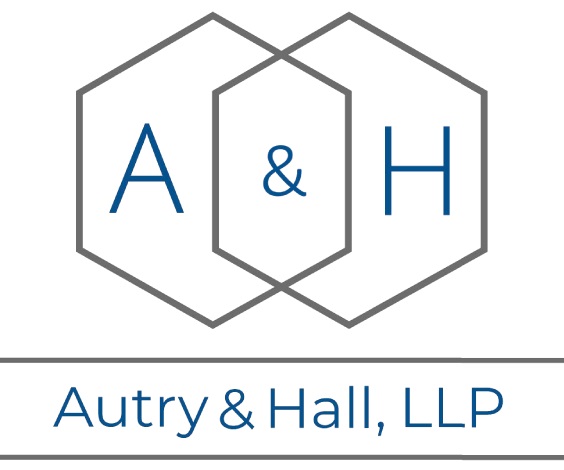As a Board member of the Georgia Cooperative Development Center, I am helping lead GCDC’s efforts to obtain passage of the Georgia Limited Worker Cooperative Association Act (the “Act”), which will recognize worker cooperatives as business entities under Georgia law. This post explains the purpose of the Act and provides background on why the Act is needed.
Background
Georgia is home to over 300 cooperative business organizations that provide over 10,000 jobs to Georgians. Georgia’s cooperatives operate in a wide range of business sectors, including finance, utilities, agriculture, insurance, wholesale supply, and retail. While Georgia statutes specifically recognize certain types of cooperatives, such as electric, telephone, and agriculture cooperatives, Georgia does not currently have a statute authorizing and governing the formation of worker cooperatives.
Worker cooperatives are a fast-growing segment of the cooperative business sector. Worker-cooperatives are owned and controlled by their employees, and provide a means for employees to set their own wages and create dignified living wage jobs, generate community wealth, support workforce development and job creation (including for difficult to employ populations), and set their own benefits (such as health insurance).
The purpose of the Act is to recognize worker cooperatives as a business entity recognized under Georgia law and provide worker cooperatives with an easier and more well-defined path to organize, operate, and obtain investor and institutional support. By encouraging formation of worker cooperatives in Georgia, the Act also encourages sustainable job growth in the communities where such cooperatives are located. Because profits go directly to workers, rather than investors, profits are more likely to stay in the local economy and build community wealth.
Why is the Act Needed?
- Worker cooperatives in Georgia currently have to organize as LLCs or corporations, which poses legal and financial roadblocks to workers attempting to organize cooperatives.
- Worker cooperatives currently must obtain legal and accounting assistance to organize correctly, since otherwise the business may not be classified as a cooperative at all.
- The Act will provide groups with a well-defined and relatively inexpensive path to form new worker cooperatives.
- Having a clearly defined path to forming worker cooperatives will also encourage businesses that want to convert to a worker cooperative model.
What Does the Act Do?
- Recognizes the limited worker cooperative association as a business entity under Georgia law
- Combines the features and flexibility of LLCs with the governance and financial features of cooperatives
- Allows for outside/community investor participation by non-workers while ensuring that workers will retain control of the cooperative
- Gives flexibility as to classes of membership, voting rights, and management
- Provides for other types of members, such as consumers, suppliers, and investors
- Provides for a security exemption that makes it easier for the cooperative to raise capital from members
Comparison of the Act with Georgia’s Corporation and Limited Liability Company Statutes
| Benefits | LWCCA | Georgia Business Corporation Code | Georgia Limited Liability Company Act |
| Cooperative security registration exemption | Yes | No | No |
| Ensures that workers maintain control | Yes | No | No |
| Governance flexibility | Yes | No | Yes |
| Requires one-member, one-vote | Yes | No | No |
| Profits distributed on basis of work performed | Yes | No | No |
| Protects ownership by workers | Yes | No | No |
| Incorporates cooperative principles | Yes | No | No |
For more information, please contact the Georgia Cooperative Development Center: [email protected] or Roland Hall at 470-579-6654.
This post is for informational purposes only and does not constitute legal advice. Viewing this content does not create an attorney-client relationship.

